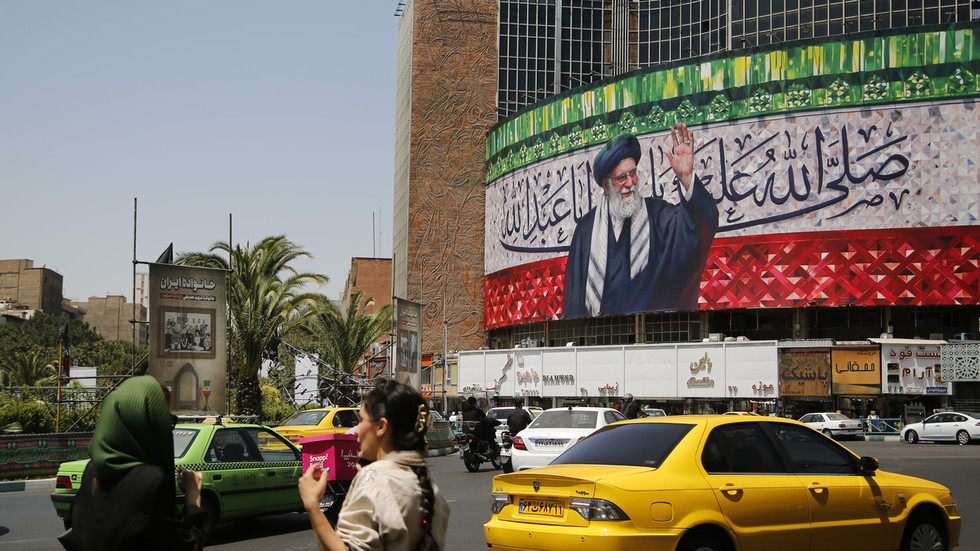Iranian Foreign Minister Abbas Araghchi has sought to clarify Tehran’s position on several contentious geopolitical issues in a recent interview, addressing allegations about the country’s policies toward Israel, the U.S., and its regional allies. Speaking to Fox News a month after heightened tensions between Iran and Israel, Araghchi dismissed claims that Iran seeks the eradication of Israel. “It has never been Iran’s policy to wipe out Israel from the map,” he stated, though he reaffirmed Tehran’s continued backing of armed groups such as Hamas, Hezbollah, and the Houthis, describing them as “fighting for a just cause” in Palestine and beyond.
Araghchi criticized U.S. military aid to Israel, asserting that such weapons are used to “kill people” in Palestinian territories. When pressed on inflammatory rhetoric, he denied that Iran’s frequent “death to America” chants indicate hostility toward American citizens, characterizing the slogan as opposition to U.S. “hegemonic policies.” He also rejected allegations of an Iranian plot to assassinate former U.S. President Donald Trump, urging observers to distinguish between radical elements and official state positions.
These remarks stand in contrast to past statements by Iranian leadership. Supreme Leader Ali Khamenei has repeatedly referred to Israel as a “usurper Zionist regime” destined to be “wiped off the world’s map,” a sentiment echoed in a 2023 post on his English-language social media account. Israeli Prime Minister Benjamin Netanyahu cited such rhetoric as justification for airstrikes during last month’s 12-day military confrontation with Iranian-aligned forces, calling the language an existential threat.
On nuclear policy, Araghchi reiterated Iran’s denial of pursuing atomic weapons, framing uranium enrichment as a sovereign right for civilian energy purposes. Despite severed diplomatic ties with Washington, he signaled openness to reviving indirect negotiations over Tehran’s nuclear program, which have stalled since the U.S. withdrawal from the 2015 Joint Comprehensive Plan of Action (JCPOA).
The interview underscores Tehran’s efforts to balance ideological rhetoric with diplomatic pragmatism amid ongoing regional friction. While distancing the government from calls for violence against Americans or Israelis, Araghchi emphasized Iran’s unyielding support for Palestinian factions—a position that remains a flashpoint in its relations with Western powers and Gulf states. The conflicting narratives highlight the challenges of reconciling Iran’s revolutionary rhetoric with its engagements on the global stage.
